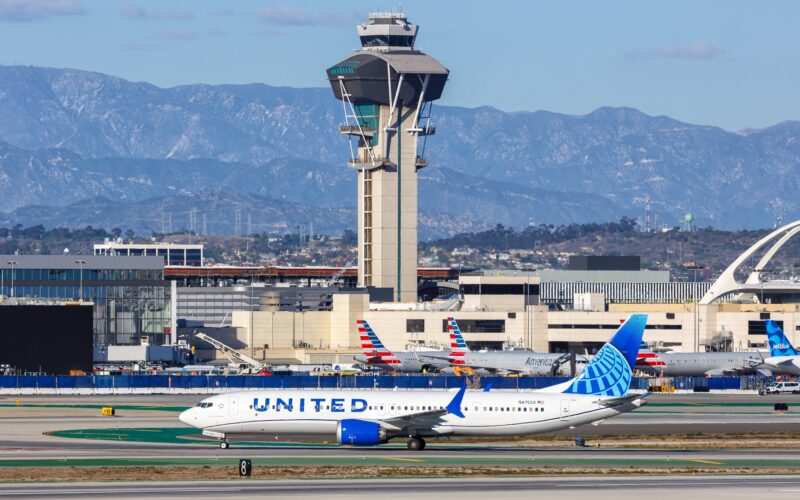FAA Announces New Security Measures for Flight Decks in Commercial Aircraft

After the tragic events of September 11, 2001, the United States (US) implemented significant changes to enhance security on commercial aircraft, particularly in the flight deck area. In January 2022, the Federal Aviation Administration (FAA) adopted updated standards for flight deck security to fortify it against forcible intrusion and small firearms, and to prevent unauthorized access.
In June 2023, the FAA announced a crucial step to ensure the safety of aircraft, flight crews, and passengers, by requiring a secondary barrier on the flight deck of new commercial airplanes.
The Driving Force Behind Increased Security: Ellen Saracini, who lost her husband Victor in the tragic United Airlines Flight 175 crash in New York, has been a leading advocate for bolstering security on flight decks, pushing for safer measures to prevent potential vulnerabilities during lavatory breaks and meal service.
The FAA’s Mandate: US Transportation Secretary Pete Buttigieg expressed the significance of the new regulations, stating that they will provide essential physical protections for pilots and flight crews who transport millions of Americans safely every day.
Implementation of Secondary Barriers: The newly mandated installed physical secondary barrier (IPSB) will be installed on transport category airplanes manufactured two years after the effective date of the final rule. The FAA’s final ruling reveals that some major airlines and aircraft manufacturers had already voluntarily installed IPSBs on their aircraft since 2003.
Enhancing Flight Deck Security: In the past, flight crews have employed various methods to support flight deck security while opening the flight deck door during flights, such as utilizing crew members to monitor the area or using aircraft equipment like galley carts to block access.
Cost Implications and Applicability: The FAA estimates the cost of purchasing and installing an IPSB to be around $35,000. For now, the new ruling will exclusively apply to US airlines.
Praise from the Air Line Pilots Association (ALPA): The aviation regulator’s issuance of the final rule has received commendation from the Air Line Pilots Association (ALPA). Capt. Jason Ambrosi, ALPA president, highlighted the importance of implementing these life-saving measures to ensure flight deck security and emphasized the need for further measures to retrofit existing airliners and install primary barriers on cargo aircraft.
Conclusion: With the FAA’s latest mandate, flight deck security in commercial aircraft takes a significant step forward, providing enhanced protection for flight crews, passengers, and the overall safety of air travel.
